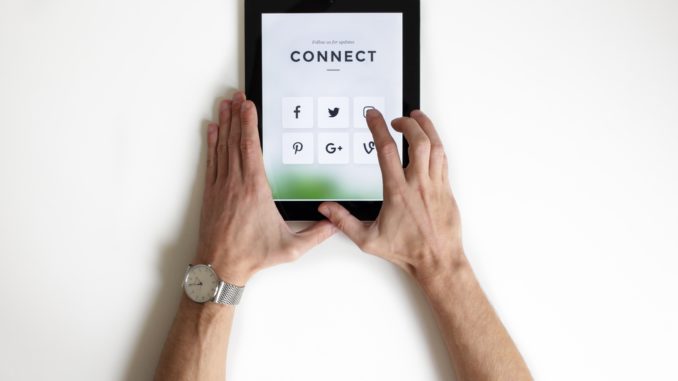
 Social media is big business – and big risk. Get it wrong and your surgery could hit the headlines.
Social media is big business – and big risk. Get it wrong and your surgery could hit the headlines.
Dr Caroline Fryar, head of advisory services at the Medical Defence Union, introduces their new, e-learning module to help practices use social media safely and successfully
When used effectively, social media can be a useful tool to communicate with other medical professionals, to market yourself and your practice and ensure that patients have greater access to healthcare information. However, it is important to be aware of the implications of social media, both on your personal, professional reputation and the reputation of your practice.
The Medical Defence Union (MDU) regularly advises its members on how to appropriately respond to issues arising from their activity on social media. With this in mind, the MDU has just launched a new interactive e-learning module which is designed to help medical professionals maximise the benefits of using social media – and appreciate its pitfalls – whilst continuing to meet ethical and legal obligations.
The e-learning module features fictional social media scenarios based on common member queries and concerns – from interactions with patients and colleagues to your professional image online. Available to both MDU members and non-members, the e-learning module tackles some of the common misconceptions and problems, as well as the benefits that social media can bring. To find the answers, register for the e-learning module online.
We asked the MDU’s Dr Caroline Fryar for some tips on staying safe on social media:
Uphold patient confidentiality
The rules of confidentiality apply as much when posting online as they do to when you are chatting to a friend or family member. In Doctors’ Use of Social Media (2013) the GMC states that, ‘although individual pieces of information may not breach confidentiality on their own, the sum of published information online could be enough to identify a patient, or someone close to them. You must not use publicly accessible social media to discuss individual patients, or their care, with those patients or anyone else.’
It is important to remember that, when something is shared publicly through social media, it may not just be the patient and their friends and family who see it but also employers, colleagues, national media and regulatory bodies. This is the case even if you are on a ‘closed’ professional forum. Before posting, consider how you would feel if a colleague or patient saw what you had written, or if it was shared to a wider audience.
Remain professional
Beware publishing comments which can appear unprofessional. It may be tempting to use social media to let off steam about something that happened at work but you can never be sure that others will share your opinions, and your comments can also be taken out of context. The GMC guidance on social media states, ‘You must not bully, harass or make gratuitous, unsubstantiated or unsustainable comments about individuals online.’
Additionally, an unprofessional selfie, or even the groups you join, could harm your reputation and damage public trust in the profession – so think twice before you post. The GMC advises doctors to give their name if they identify themselves as a doctor in publicly accessible social media and be open about conflicts of interest such as having a financial stake in healthcare organisations or pharmaceutical and biomedical companies.
Respect boundaries
Be careful about which friend requests you accept. If a patient contacts you about their care, or other professional matters through your private profile, the GMC advises you to, ‘indicate that you cannot mix social and professional relationships and, where appropriate, direct them to your professional profile.’
Protect your personal security
It is important to remember that, often highly personal, information is accessible via social media channels for others to access and view. You may believe that your social media profiles are highly secure but people have been caught out by security settings that have changed or require updates. Consequently, it is worth regularly reviewing the privacy settings for each of your social media profiles.
Ultimately, social media can be a powerful professional tool, but it’s important you don’t take risks online that you would never dream of taking in the practice. The MDU’s – and the NHS’ – advice is to think carefully before you post.
Social media e-learning course from The MDU.
You can access the MDU’s new e-learning tool by registering at: http://www.themdu.com/learn-and-develop/social-media-e-learning
For more information visit the MDU’s website at: www.themdu.com.
Don’t forget to follow us on Twitter, or connect with us on LinkedIn!

Be the first to comment